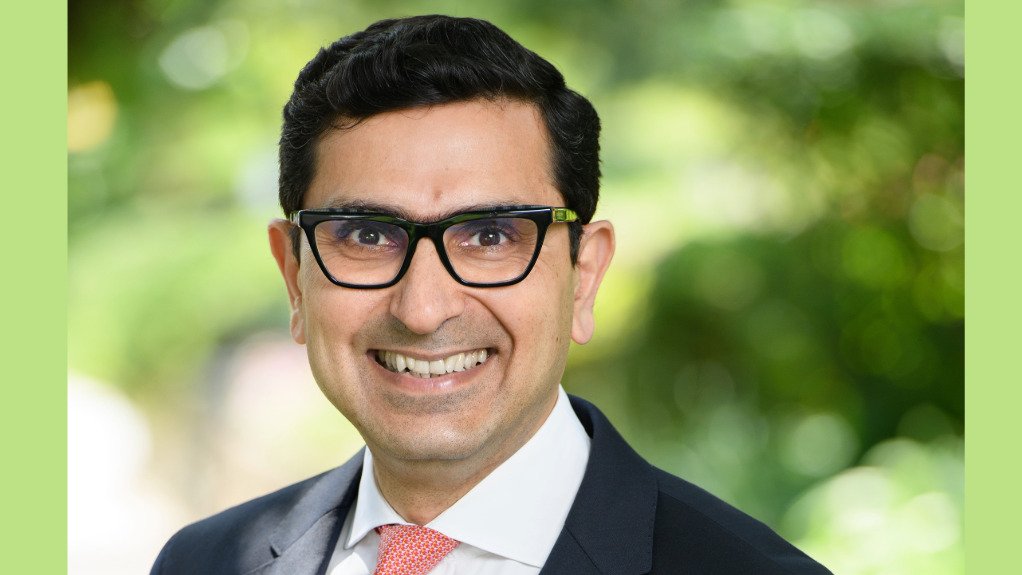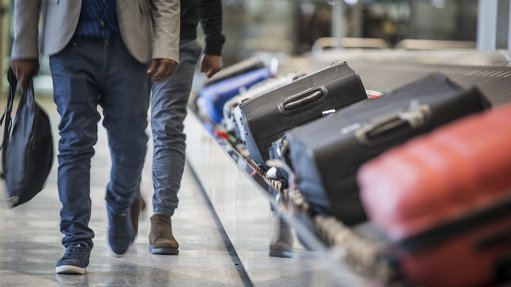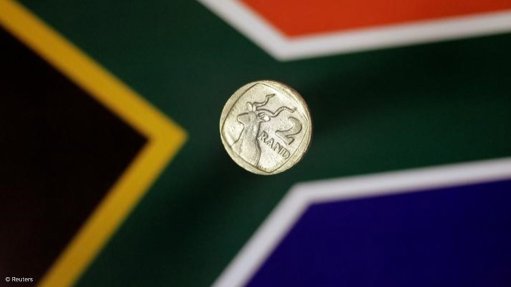Opinion: Robust transmission infrastructure the linchpin for addressing Africa’s energy crisis
In this opinion article, International Finance Corporation (IFC) regional industry director for the infrastructure and natural resources sector in Africa Sarvesh Suri underlines the importance of transmission infrastructure for improving security of supply in Africa. Suri also outlines the IFC’s role in advising governments and developers on advancing private-sector-led transmission lines.
The progress in power generation across Africa has been encouraging: 26 GW of renewables-based generation capacity added in the last 10 years, according to the Renewable Energy Market Analysis report.
But millions of people remain in the dark as population growth and electricity demand outpace infrastructure development.
The reason? Stressed public utilities and under-investment in robust transmission networks — that is, the infrastructure that moves electricity from power plants to homes, businesses, and across borders — thereby slowing the delivery of power and limiting the impact of increased generation.
From 2010 to 2020, less than 0.3% of private investment in electricity infrastructure in sub-Saharan Africa went to transmission projects, according to the World Bank’s Private Participation in Infrastructure (PPI) database.
In South Africa, for example, a growing pipeline of renewable energy projects means the country must in tandem significantly expand its transmission system and develop a stronger grid.
The government has set a goal to build 14 000 km of new transmission lines by 2032 — an ambitious and critical target.
At IFC, we see the expansion of transmission networks — both national and cross-border — as central to Africa’s economic and social development, and central to Mission 300, the World Bank Group and African Development Bank-led initiative to connect 300-million people in Africa to electricity by 2030.
IFC plays a key role in Mission 300 by working with governments on sector and regulatory reforms, mobilising capital and scaling innovative financing for investments in transmission infrastructure, as well as in generation and distribution.
In South Africa, we are supporting reforms to open the energy sector to more investment. With the Presidency, National Treasury, and the Department of Trade and Industry, IFC is providing support to reinvent the country's State-owned power utility, Eskom.
The government plans to split Eskom into three separate companies to oversee energy generation, transmission, and distribution – a critical part of the foundation needed for sustained investment in grid infrastructure.
Meanwhile, cross-border interconnection remains limited across Africa. Without this infrastructure, surplus power in one country cannot be sold to neighbours facing shortages, holding back economic activity, and keeping costs higher than they should be.
Unlike generation, however, where IPPs follow well-established investment models, transmission faces several challenges including regulatory uncertainty, weaker off-takers, and limited frameworks for public-private participation.
For cross-border projects, the challenges are even greater — from harmonising grid codes and aligning tariffs to ensure payment reliability and coordination across multiple jurisdictions. Today, sub-Saharan Africa has less than 170 000 km of transmission lines — one of the lowest per capita rates globally.
The challenge is great, but IFC is helping tackle it head-on.
Our advisory services focus on capacity building through skills and knowledge transfer to governments, private sector, and investors to help establish frameworks for private-sector participation in transmission. Furthermore, tools like credit enhancements help de-risk projects for private investors, ensuring bankability and scalability.
Across ten countries — South Africa, Mozambique, Zambia, Angola, Uganda, DRC, Kenya, Tanzania, Nigeria, and Ethiopia — IFC is advising governments and developers on advancing private-sector-led transmission lines.
In South Africa, we are working with the National Treasury, Ministry of Electricity and Energy, and the National Transmission Company, to support the launch of the country’s first independent transmission project (ITP), with procurement planned for 2026.
ITPs — where private developers finance, build, and maintain lines under availability-based payments — offer a promising path forward. This model avoids demand risk and has proven effective in other developing markets.
IFC is also supporting cross-border projects that strengthen energy trade.
We collaborated with Enpower to support them in doing technical, legal, and environmental studies for a 330 kV 190 km high-voltage line between Zambia and DRC.
The transmission line will be a private-sector project costing US$250-million with anticipated output of 700 MW of electrical power to the mining sector in the Katanga mining region in the DRC.
Improving transmission networks requires large investments, yes, but also improved regulatory systems, cross-border partnerships, and long-term commitments from both governments and the private sector.
The opportunity is clear: with the right regulatory structures and risk-sharing frameworks in place, private capital can play a much greater role in expanding transmission infrastructure and supporting sustainable utilities to deliver reliable energy to all.
Suri is IFC’s Regional Industry Director for Infrastructure & Natural Resources sector (INR) in Africa, based in Johannesburg, South Africa. He leads a continent-wide team of finance specialists, who develop and implement the sectoral strategy and business priorities on the continent, working alongside governments, private-sector investors and development partner institutions.
Article Enquiry
Email Article
Save Article
Feedback
To advertise email advertising@creamermedia.co.za or click here
Announcements
What's On
Subscribe to improve your user experience...
Option 1 (equivalent of R125 a month):
Receive a weekly copy of Creamer Media's Engineering News & Mining Weekly magazine
(print copy for those in South Africa and e-magazine for those outside of South Africa)
Receive daily email newsletters
Access to full search results
Access archive of magazine back copies
Access to Projects in Progress
Access to ONE Research Report of your choice in PDF format
Option 2 (equivalent of R375 a month):
All benefits from Option 1
PLUS
Access to Creamer Media's Research Channel Africa for ALL Research Reports, in PDF format, on various industrial and mining sectors
including Electricity; Water; Energy Transition; Hydrogen; Roads, Rail and Ports; Coal; Gold; Platinum; Battery Metals; etc.
Already a subscriber?
Forgotten your password?
Receive weekly copy of Creamer Media's Engineering News & Mining Weekly magazine (print copy for those in South Africa and e-magazine for those outside of South Africa)
➕
Recieve daily email newsletters
➕
Access to full search results
➕
Access archive of magazine back copies
➕
Access to Projects in Progress
➕
Access to ONE Research Report of your choice in PDF format
RESEARCH CHANNEL AFRICA
R4500 (equivalent of R375 a month)
SUBSCRIBEAll benefits from Option 1
➕
Access to Creamer Media's Research Channel Africa for ALL Research Reports on various industrial and mining sectors, in PDF format, including on:
Electricity
➕
Water
➕
Energy Transition
➕
Hydrogen
➕
Roads, Rail and Ports
➕
Coal
➕
Gold
➕
Platinum
➕
Battery Metals
➕
etc.
Receive all benefits from Option 1 or Option 2 delivered to numerous people at your company
➕
Multiple User names and Passwords for simultaneous log-ins
➕
Intranet integration access to all in your organisation





















